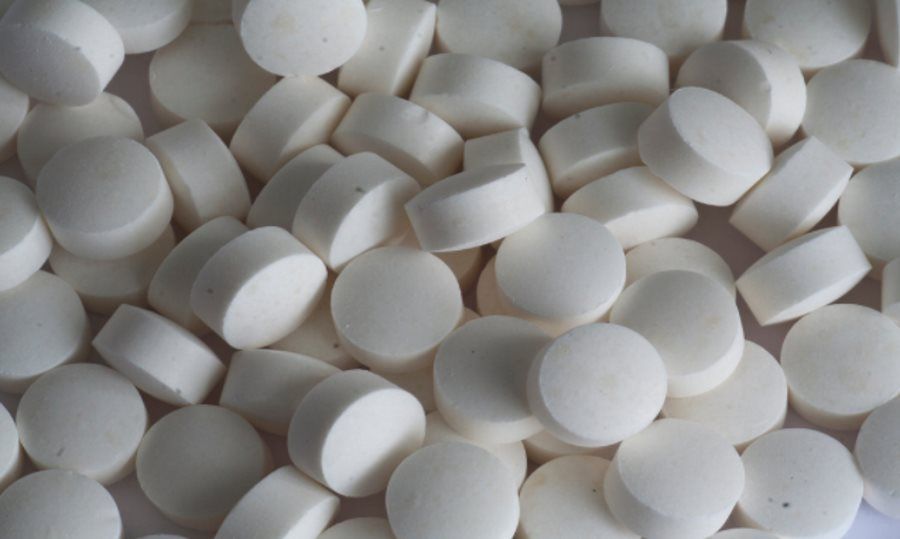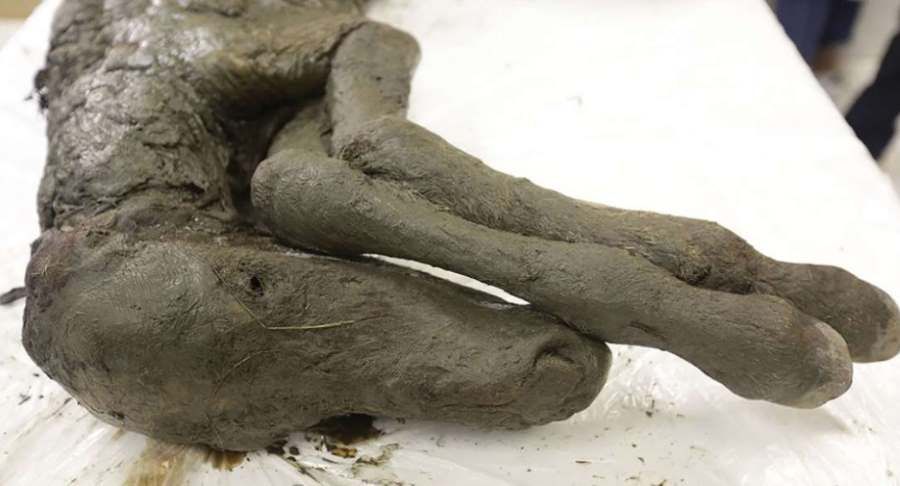Nuclear medicine for hyperthyroidism
The thyroid gland is the organ responsible for producing hormones that regulate the metabolic process in all organs and tissues of the body. – When the thyroid gland is hyperthyroid, drug or surgical treatment can be used, but radioactive iodine (131I) treatment is also worth remembering. This therapy is precise, safe and as comfortable as possible for the patient, because it is not associated with invasive surgery or prolonged hospitalization, say experts of the Polish Society of Nuclear Medicine. Radioactive iodine (131I) therapy for hyperthyroidism is reimbursed by the National Health Fund (NHF).
Thyroid – what is the most common disease? The most common thyroid disease is hyperthyroidism, i.e., increased secretion of the hormoneóin excess of the amount thatówhich the body needs.
Hyperthyroidism, often referred to as hyperthyroidism, occurs most often in the form of nodular goiter and Graves-Basedow disease. In adults, the prevalence of hyperthyroidism is estimated at about 2 percent. population, in children it occurs 10-15 times less frequently. The risk and causes of developing hyperthyroidism depend on age, iodine availability and genetic predisposition.
Hyperthyroidism can be treated pharmacologically or, in someóric cases, including surgically, but it is worth knowing that radioisotopic treatment is also safe and effective and relatively unburdening for the patient – Nuclear medicine therapy.
– In the treatment of hyperthyroidism, the radioisotope of iodine 131I can be used, który accumulates in nodules or thyroid parenchyma and gradually eliminates the comórks producing excessive amounts of hormoneów – mówi prof. Bożena Birkenfeld of the Department of Nuclear Medicine at the Pomeranian Medical University in Szczecin. – The decision for radioisotopic or surgical treatment is made when drug treatment does not help or is insufficient. This, whichóry sposób treatment will be applied, depends largely on the decision of the patient himself: whether he prefers to swallow a capsule of radioactive iodine and returnót home, or for some reason decides to have surgery under anesthesia and stay in the hospital – explains Prof. Bozena Birkenfeld.
– Zarówno radioisotope treatment, as well as surgery, can lead to a situation where the hormoneóm thyroid hormones will be insufficient in the body (hypothyroidism will occur) and it will be necessary to take them daily in the form of pills. In many cases, this is considered a desirable effect of therapy. Taking thyroid hormone pills does not cause any effect of theóin side effects if their dose is adequate. It is worth noting that currently the dosage of such drugsów is very precisely monitored – mówi Dr. Maria Listewnik of the Department of Nuclear Medicine at the Pomeranian Medical University in Szczecin.
How the therapy proceeds?
Radioactive iodine 131I is administered in a capsule similar in size and shape to the capsules of popular antibioticsów. Radioactive iodine is a drug that is produced and imported into plantóIn nuclear medicine in doses ordered individually for each patient on the basis of previous examinations and the recommendations of a specialist.
– During the tests, the doctor evaluates the ability of the patient’s thyroid gland to accumulate iodine (the human body absorbs radioactive iodine just like iodine from other sourcesódles, for example, from marine fish). Ultrasound and thyroid scintigraphy are performed, laboratory tests, including serum levels of antithyroid antibodies, and possibly a fine-needle biopsy to examine the nature of the nodules detectedóin and ruling out cancer – mówi prof. Bożena Birkenfeld.
Diagnosis, administration of radioiodine and care for a year after a dose of 131I are carried out on the basis of the contract of a given center with the National Health Service, so a patient qualified for therapy is subject to treatment free of charge.
Radioactive iodineó131I in hyperthyroidism – Q&A:
What 131I treatment consists of?
The radiation emitted by 131I acts on comórki thyroid. As a result of this interaction, it causes partial destruction of them and, as a result, inhibition of hormone secretionów. An additional effect of treatment with radionuclide iodineóhe reduction in size of the entire gland.
How does the patient prepare for the therapeutic dose of 131I?
Before administering therapy with iodine radiationwóThe r r is necessary to perform preliminary studies, whichóre are to determine whether 131I treatment will be able to take place. Tests include determination of the concentration of the hormoneóin the thyroid gland and antibodies in the blood, measurements of radioactive iodine uptake capacity of the thyroid gland, scintigraphic and ultrasound examination of the thyroid gland. In selected cases, an additional fine-needle biopsy of the thyroid gland is performed to exclude the development of a cancerous process in the patient’s thyroid gland. The results of these tests are evaluated by the treating physician during the qualifying visit for radioiodine therapy.
A nuclear medicine specialist decides whether a patient qualifies for this treatment. The timing of the dose of iodine radiotwóThe treatment is determined individually with each patient.
How the therapeutic dose of 131I is administered?
The dose of the preparation with iodine radiotwórczym is administered to the patient orally in the form of a capsule. – After administration, the patient goes home – There is no need for hospitalization. Up to twoóhours after administration of the drug, no food should be takenów, but after this time you can eat as usual, there are no indications for dietary restrictions. This is an undoubted advantage of radiopharmaceutical therapy – The patient does not have to face additional restrictions.
What happens to 131I after the patient takes a dose of the product?
A large portion of the isotope radiotwórczego is captured by the thyroid gland and remains active there for about several weeks. Part of the administered dose of radiopharmaceutical in the first few days after 131I treatment is excreted with urine, sweat and feces.
Does radiation from the accepted dose endanger the environment? Is it necessary to isolate yourself?
No, the radiation from the accepted dose does not endanger the patient, nor does it endanger those close to the patient, provided that medical advice is followed.
How to take care of yourself during 131I therapy?
During the first twoóch-three days after a dose of radiootw iodine was administeredóhe amount of fluid intake is recommended to be increasedów and careful attention to personal hygiene. One can lead a normal lifestyle – work professionally, take care of household chores, go for walks, do necessary shopping, etc. The only restriction is to avoid close contact for a few daysóin (e.g. sleeping in one łó(pregnant women and young children).
Is the effectiveness of radioactive iodine treatment controlled and what are the consequences of the therapy?
After the administration of a therapeutic dose of 131I, follow-up examinations are performed, whichóre help to assess the effectiveness of treatment. The first checkup is carried out one to three months after the applied treatment, the next checkups are performed after 6 and 10 months consecutively. Sometimes there is hypothyroidism or persistence of hyperthyroidism. The most common result of this therapy is the achievement of normal thyroid function. The therapy can be used róAlso in children and women in their childbearing years.


